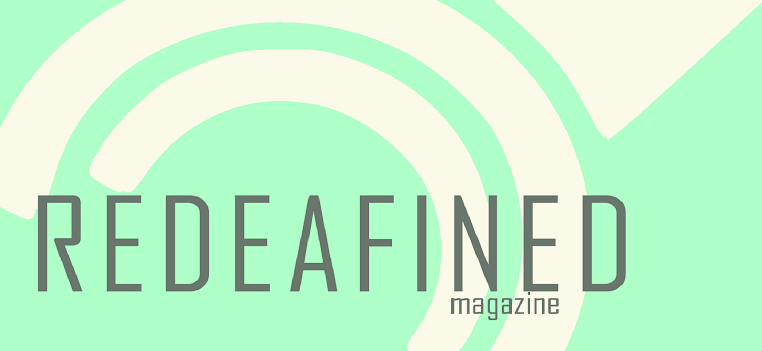 |
| Image via Think Beyond the Label |
The debate about whether deafness is a disability or the defining characteristic of a socio-cultural and linguistic minority group has been raging for decades. Medical professionals are quick to label people "hearing impaired" and try to "treat" or "cure" deafness with hearing aids and surgery. Members of the Deaf community point to their unique language and cultural traditions and consider deafness a part of their identities. The two opinions are wildly divergent. So who's got it right?
For a little help, I'll turn to a wise and trusted friend, dictionary.com:
Disability [dis-uh-bil-i-tee] noun
1. Lack of power, strength, physical or mental ability; incapacity.
2. A physical or mental handicap, especially one that prevents someone from living a full, normal life or from holding a gainful job.
3. Anything that disables or puts one at a disadvantage.
1. Lack of power, strength, physical or mental ability; incapacity. With regard to this definition deafness falls under the category of disability. The human body is made with five senses; deaf people have four. Deafness is the lack of the physical ability to hear. Seems simple enough. Until you jump to definition number three..
3. A physical or mental handicap, especially one that prevents someone from living a full, normal life or from holding a gainful job. Some may say that being deaf puts one at a disadvantage, but I'd be inclined to argue that it is not deafness itself, but rather mainstream society's stigma against deafness and subsequent disinterest in attempting to communicate with deaf people that puts them at a disadvantage. The example in the dictionary suggests a 5'11" basketball player's height is disability. Being 5'11" is not a disability in and of itself, but in the NBA it's definitely not the ideal situation. It's the same for deafness, just as it's arguably the same for any minority; being of a certain race or ethnicity is not inherently disabling, but within a certain cultural context it could, and does, definitely put you at a disadvantage.
2. Anything that disables or puts one at a disadvantage. Here's where deafness fully breaks from the definition. Deafness in no way prevents someone from living a full and/or normal life. Deaf people go to school, drive (Yes, of course we can drive! We can see. Not sure where that myth comes from.), get advanced degrees, get married, have kids, become doctors, lawyers, pilots, musicians, professional sports players, etc. Deafness is not a significant barrier to leading an independent life or being a contributing member of society.
So, where do we draw the line on disability? As with most controversies, I think the real answer lies somewhere in the middle. Deaf people are missing one of the five senses; we're lacking a physical ability. Furthermore, if we want the services offered to us by the ADA, we have to admit that we're at a disadvantage within the majority hearing culture. But deafness does not prevent anyone from having a career or leading a full and happy life. Arguably those Deaf people who benefit from the brain-boosting power of bilingual thinking and the close-knit community fostered by Deaf culture are all the better for it.
Check out Think Beyond the Label for more information about erasing disability stigma and equitable hiring practices.

its interesting and important to note that many folks who are classified as
ReplyDelete"disabled" dont subscribe to those definitions either. Framing and being framed
ableism is not cool
re: Deaf folks - u might be interested in Lane, Pillard, and Hedberg's book People of the Eye: Deaf Ancestry and Ethnicity
Deaf folks r definitely an ethnic group so pretty cool stuff there to examine
thanks for all ur blogging - its real important to examine the unexamined
peace
patti